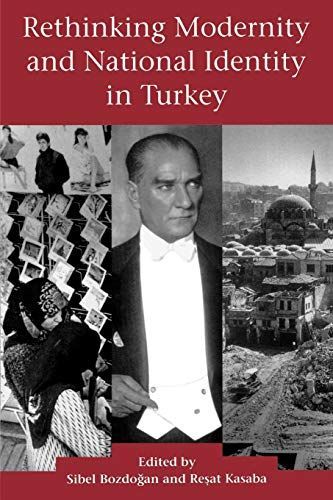
Rethinking Modernity and National Identity in Turkey
In the first two decades after W.W.II, social scientist heralded Turkey as an exemplar of a 'modernizing' nation in the Western mold. Images of unveiled women working next to clean-shaven men, healthy children in school uniforms, and downtown Ankara's modern architecture all proclaimed the country's success. Although Turkey's modernization began in the late Ottoman era, the establishment of the secular nation-state by Kemal Ataturk in 1923 marked the crystallization of an explicit, elite-driven 'project of modernity' that took its inspiration exclusively from the West. The essays in this book are the first attempt to examine the Turkish experiment with modernity from a broad, interdisciplinary perspective, encompassing the fields of history, the social sciences, the humanities, architecture, and urban planning. As they examine both the Turkish project of modernity and its critics, the contributors offer a fresh, balanced understanding of dilemmas now facing not only Turkey but also many other parts of the Middle East and the world at large.